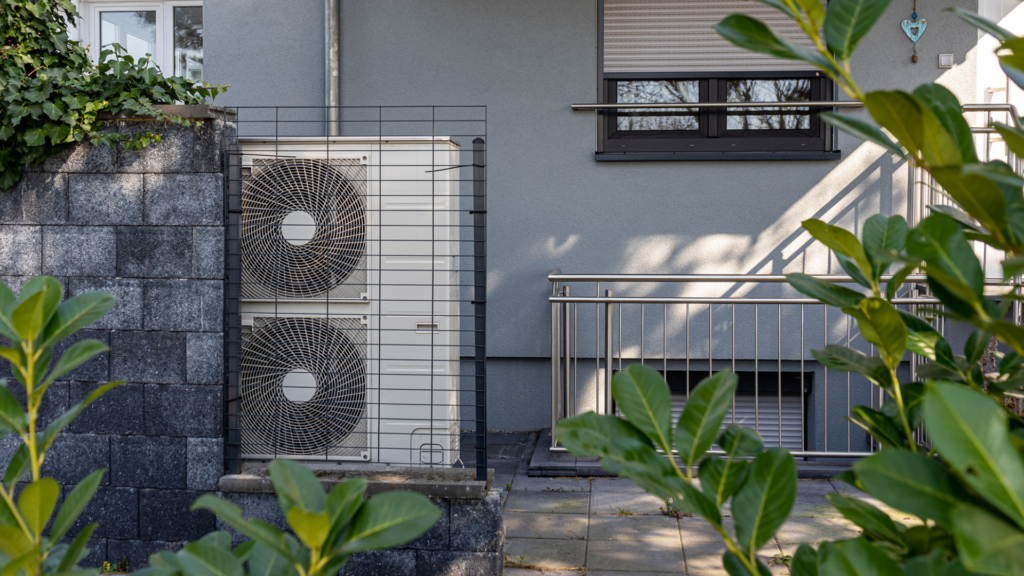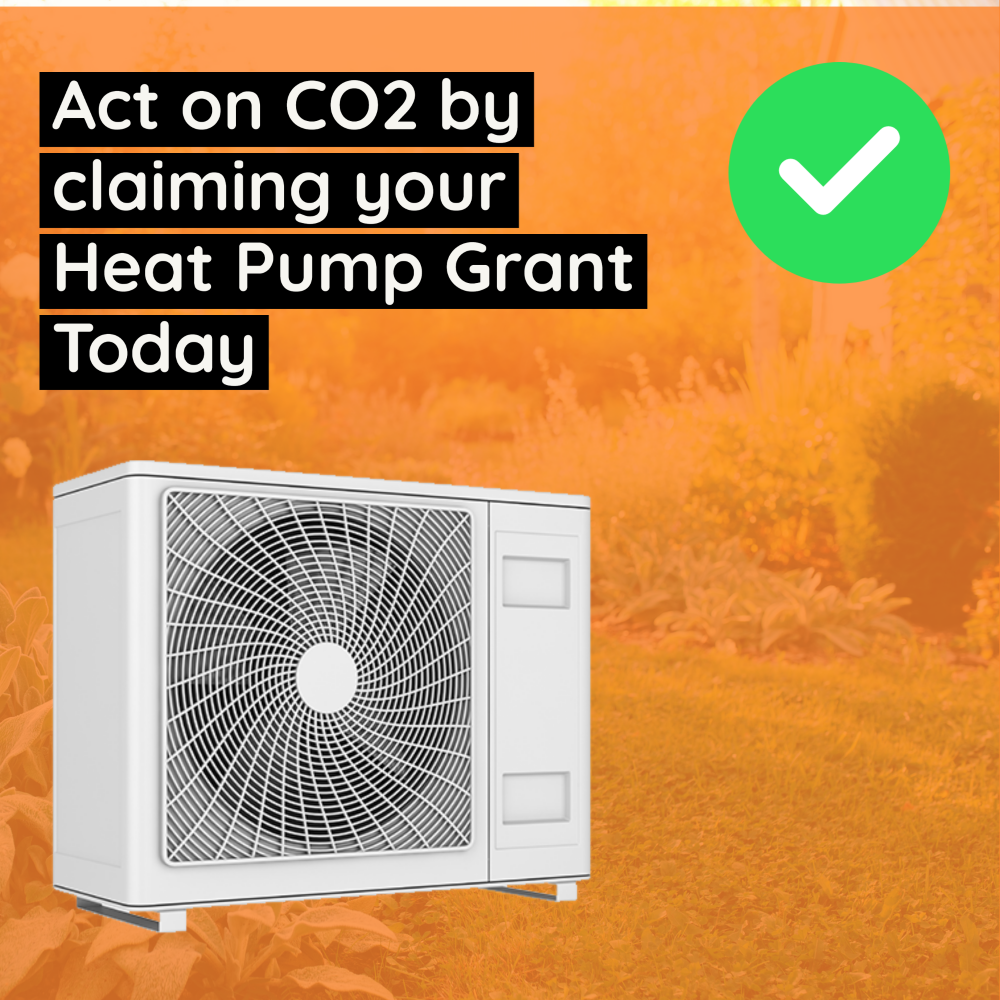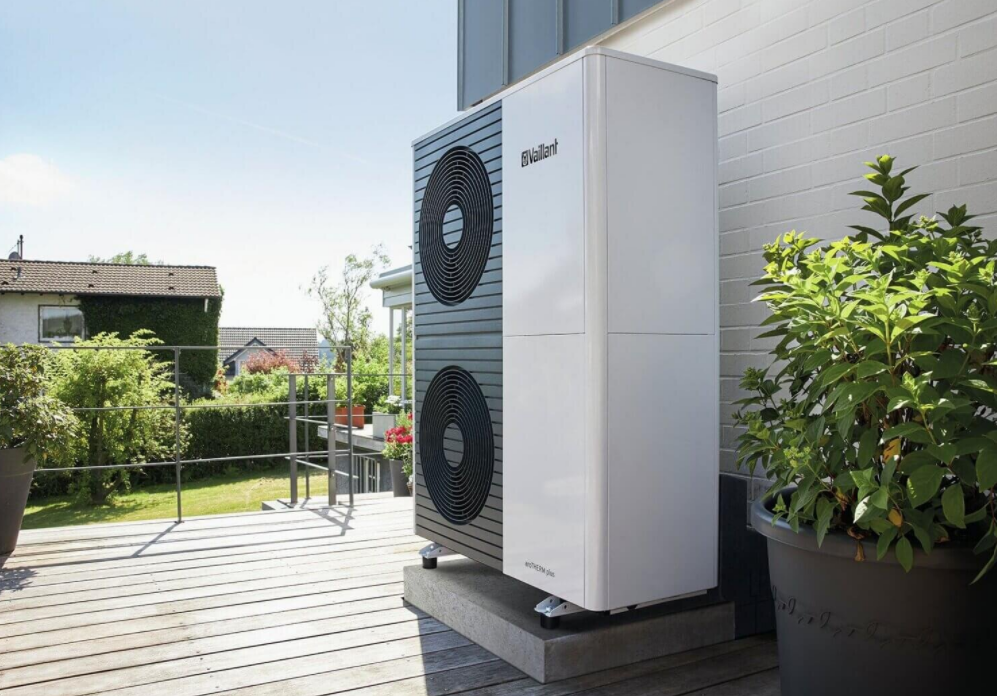Air source heat pump FAQs
Can I get a grant for an air source heat pump?
Yes, there are a number of government grants and schemes available that will cover the installation of an air source heat pump in qualifying households. One example is the Boiler Upgrade Scheme (BUS). This initiative launched in May 2022 and is designed to encourage more people across England and Wales to install low carbon heating systems like heat pumps. BUS funding could see eligible people paying £5,000 less on their air source heat pump installation.
Who is eligible for the Boiler Upgrade Scheme?
The Boiler Upgrade Scheme is open to homeowners and small businesses in England and Wales. In order to apply, you should own your property, the property should have an installation capacity of up to 45kWh, and you should have a valid Energy Performance Certificate (EPC).
It is important to note that your EPC must not have any recommendations outstanding for cavity wall or loft insulation.
Are air source heat pumps truly efficient?
An air source heat pump is effective in lowering your carbon footprint as it uses a natural, endless source of heat – air. The amount of CO2 you can save will depend on the fuel that you are replacing. For example, you will save more if you are replacing coal or an oil boiler rather than natural gas. A heat pump needs a power source, normally electricity, to power it, so there will still be some lasting CO2 emissions.
To get the most from your pump, you will need to know how to use it most effectively. You will likely need to set your heating to come on for longer than with a traditional system.
Heat pumps are required to have an energy label on them stating how energy efficient the pump is on a scale ranging from dark green (most efficient) to red (least efficient). Also, all pumps that are certified by the Microgeneration Certification Scheme must have a product label on when sold, as well as a package label. If your heat pump does not have a product label, it might not be eligible for the Renewable Heat Incentive.
Is my home right for an air source heat pump?
Heat pump systems don’t depend on any specific weather conditions, so where you live won’t have an impact on whether you can get an air source heat pump. The type of house you have, and your heating system are more key factors. Air source heat pumps heat water to a lower temperature than fossil fuel boilers, meaning they are particularly well-suited to heating insulated homes with underfloor heating, or where there are big radiators that function at low temperatures. However, systems can sometimes be installed without these, it will depend on your individual property and circumstances.
How long does it take to install an air source heat pump?
There can be a few factors that influence how long it will take to install your new air source heat pump. However, typically for a newly built home, the heat pump can be installed within a couple of days. For a refurbished property, it will come down to whether your radiators will also need replacing, if your water cylinder will need re-siting, where the outside box will be fitted etc.
Also, it will depend on whether you are fully replacing the existing heating system or just adding an air source heat pump to work with your current heating in a hybrid solution, which a lot of people are doing before completely changing to a heat pump. By doing this you will get a pretty straightforward way of adding renewable heating (that can still qualify for the RHI) whilst also minimising the work that is needed.
Contact us now to find out if you can qualify for an air source heat pump grant. We can arrange the application process for you and provide you with a full end-to-end service, making it as easy as possible for you. You could make some impressive savings on your bills that you won’t want to miss out on, receive payments over seven years, and become more environmentally friendly by adding an air source heat pump to your home.









